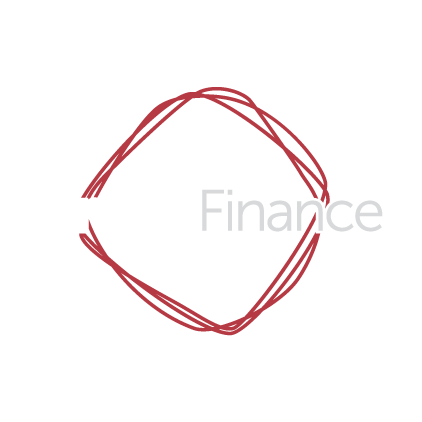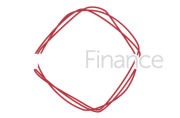he new year is all about fresh starts. With 2025 fast approaching, it’s the perfect time to reflect on your finances and take steps to set yourself up for success. The holiday season may bring extra expenses, but it’s also an opportunity to start building better financial habits for the year ahead.
Here’s how to review, reset, and prepare for a financially confident 2025:
Look back to move forward
The first step in shaping your financial future is understanding where you stand today. Take a moment to ask yourself:
How much have you saved this year?
- If you had savings goals but didn’t meet them, don’t worry – this is your chance to learn and reset.
- If you didn’t set any goals, note how much you’ve saved and use that as your starting point for next year.
Where has your money gone?
- Review your bank statements or use your banking app to spot trends.
- Are there subscriptions you no longer use? Or dining-out habits that could be trimmed? Spotting these patterns can highlight where you can adjust and save more effectively.
Set clear, achievable goals
Once you’ve reviewed your progress, it’s time to plan for what’s next. What do you want to achieve in 2025?
Here are a few ideas to get you started:
- Build an emergency fund for unexpected expenses.
- Plan to pay down debt, like credit cards or personal loans.
- Save for a home deposit or future investment property.
- Budget for home renovations or upgrades.
Break your goals into smaller, manageable steps. For example, if you’re saving $10,000 for a home deposit, aim to set aside $200 a week. Small wins will keep you motivated.
Start small, think big
Building better financial habits starts with practical, daily actions. Take a moment to ask yourself: “What small change will I commit to this week?“
Here are a few to consider:
- Cook at home more instead of dining out to help you manage your budget efficiently.
- Use cash for discretionary spending by withdrawing a set amount each week. Once it’s gone, it’s gone! This method encourages you to stick to your budget.
- Keep track of your expenses with apps like Frollo or Moneytree to monitor where your money goes.
- Make it a habit to review your account balances and transactions weekly. This keeps you informed about your finances and helps catch any unauthorised charges early.
- Before making any non-essential purchases, try waiting 24 hours. Giving yourself time helps clarify whether the purchase is necessary.
- Set up automatic transfers to your savings account after payday to prioritise saving.
- Check out tools like MoneySmart’s Budget Planner or Simple Money Manager to help manage your budget effectively.
By committing to just one small change this week, you’ll take meaningful steps toward building better financial habits for the long term.
Stay on top of your financial commitments
Monitor your interest rates
Interest rates can change over time, so it’s a good idea to regularly review your mortgage or loans to ensure they continue to suit your financial situation.
Consider extra repayments
If your budget allows, even small extra repayments on your mortgage or loans can help reduce the overall amount you pay and shorten the repayment period.
Explore refinancing options
If your circumstances have changed, let’s take a closer look at your home loan. Refinancing might provide options that better align with your current needs.
Make habits count in 2025
Building better financial habits starts with small, consistent steps. Whether it’s saving, reviewing your spending, or creating a clear plan, each action brings you closer to your goals.
If your 2025 goals include buying a home, refinancing, or planning your next property move, I’m here to support you. Let’s work together to make it happen. Contact me today to get started!







































